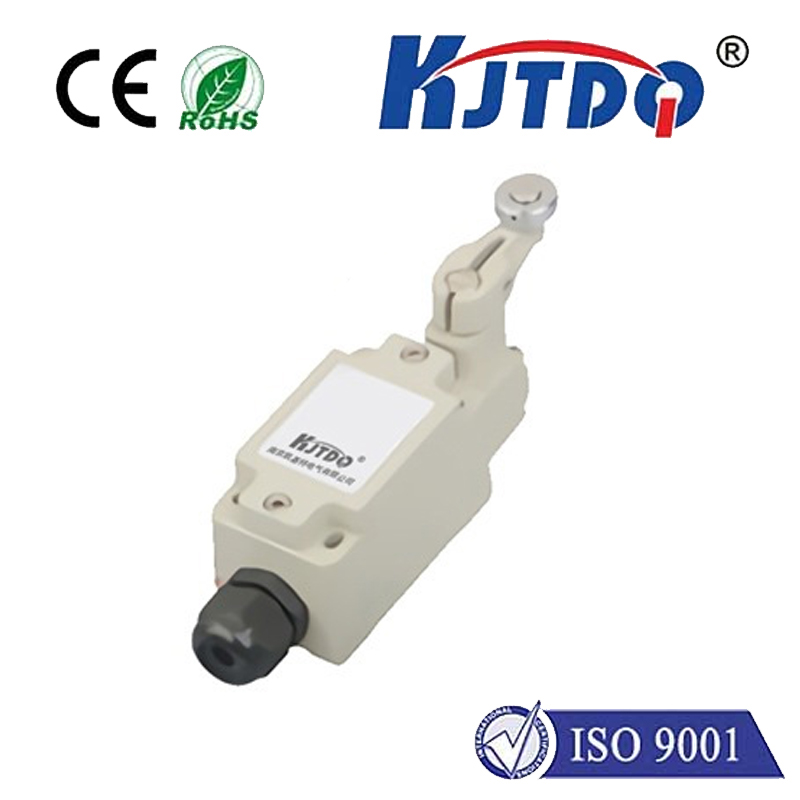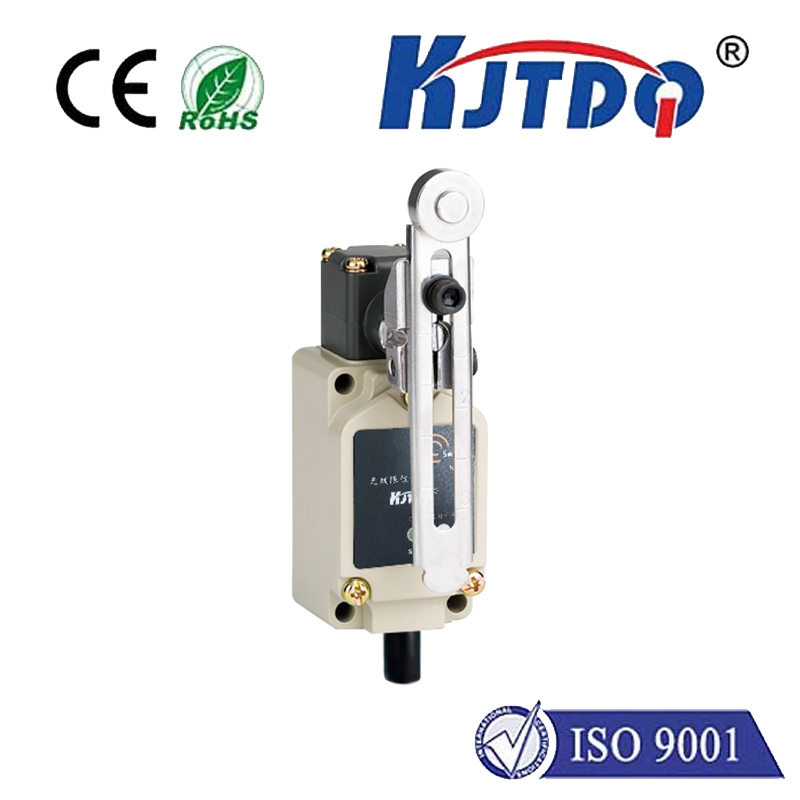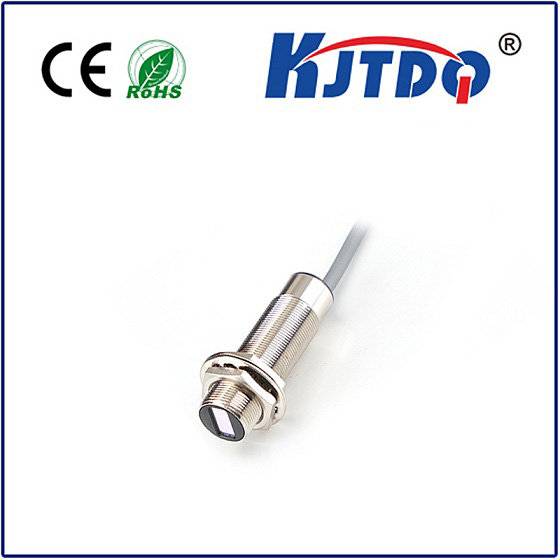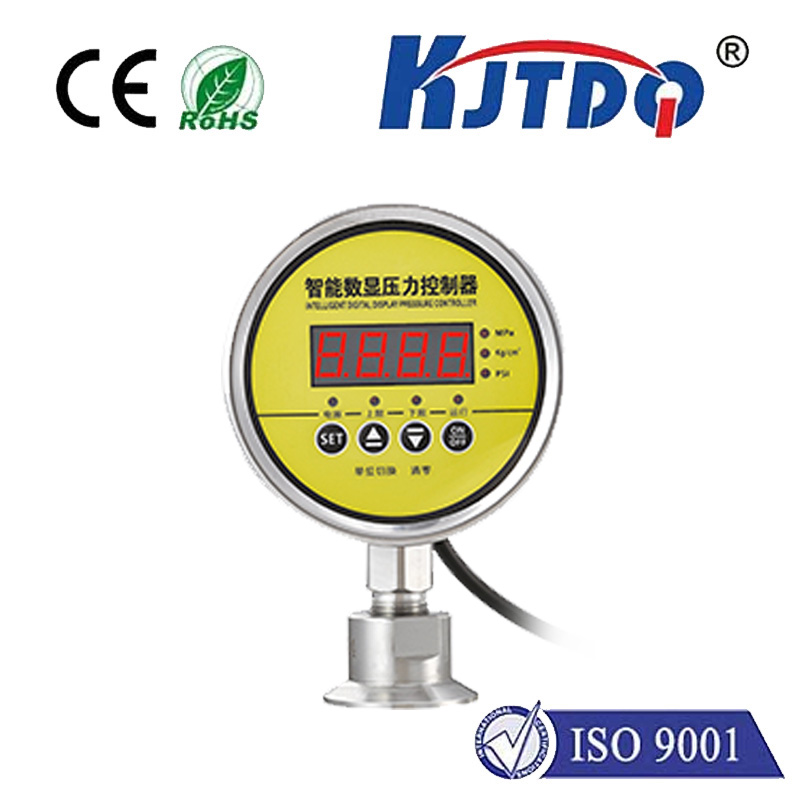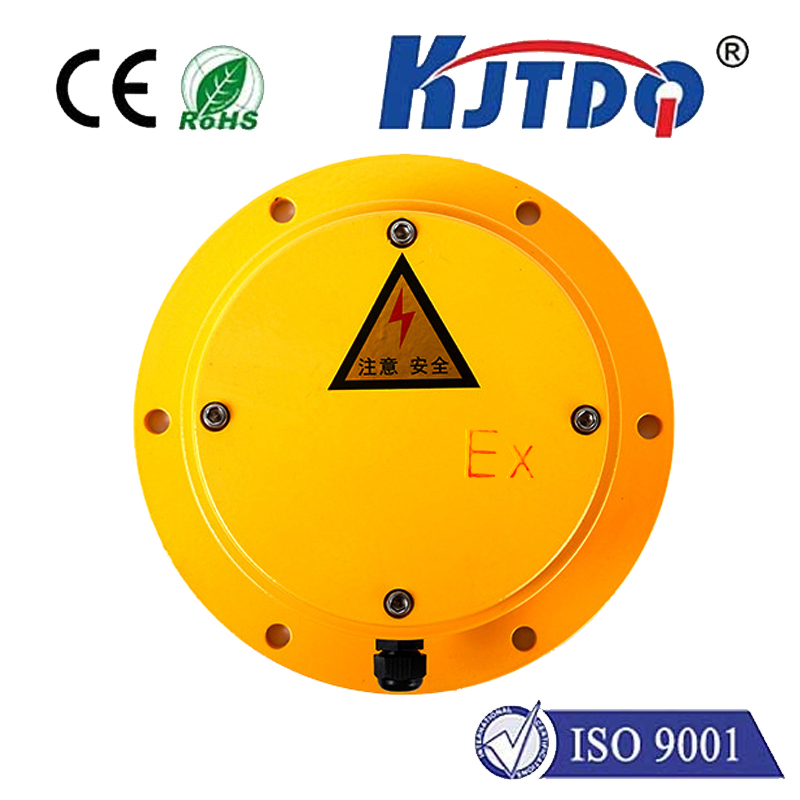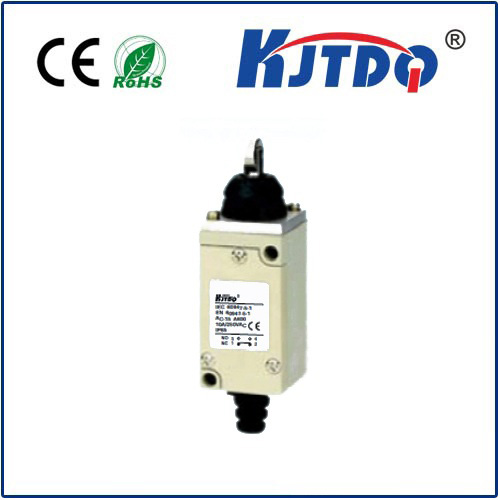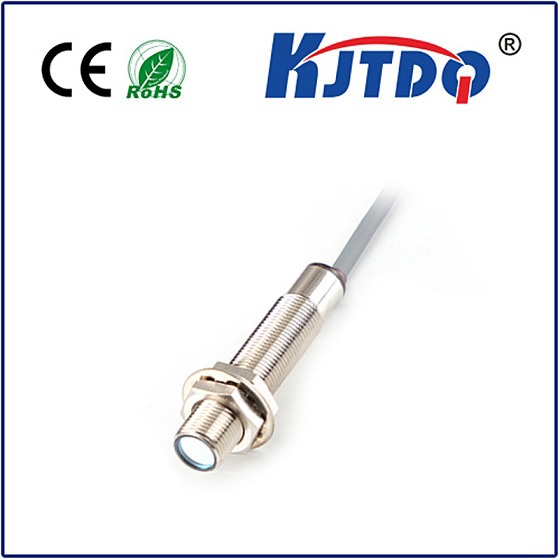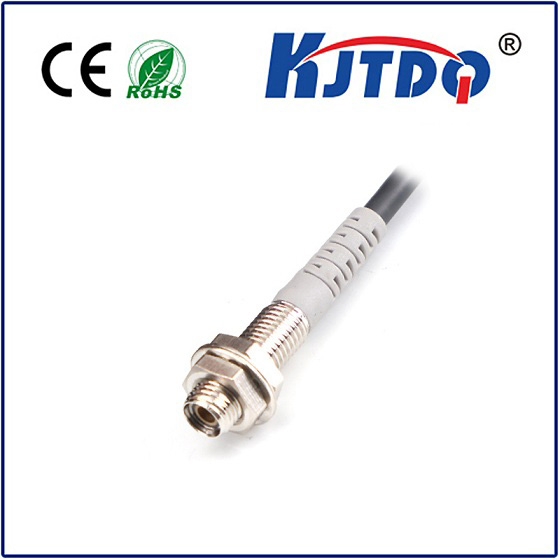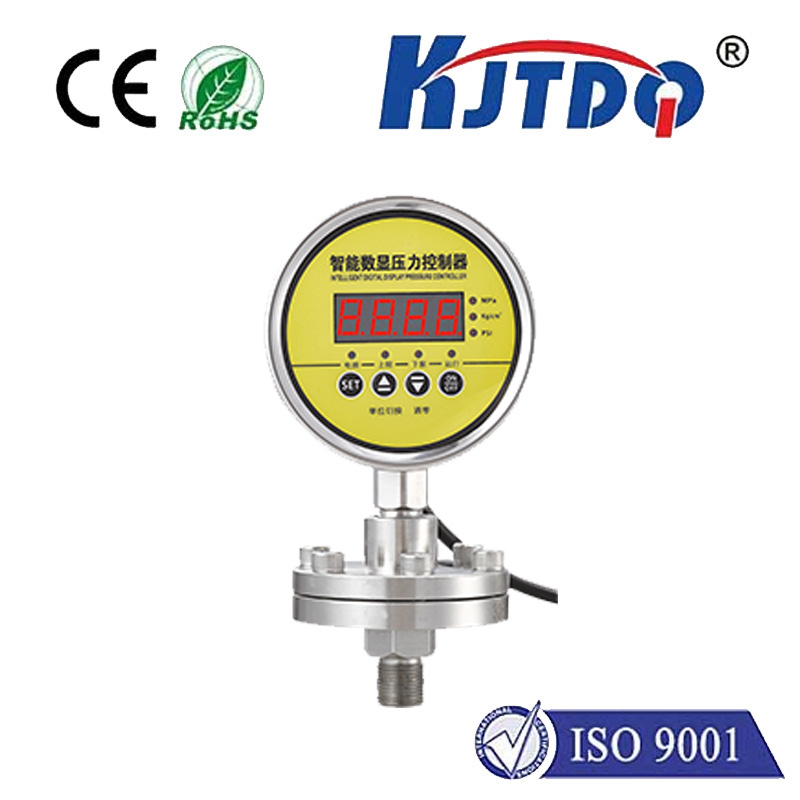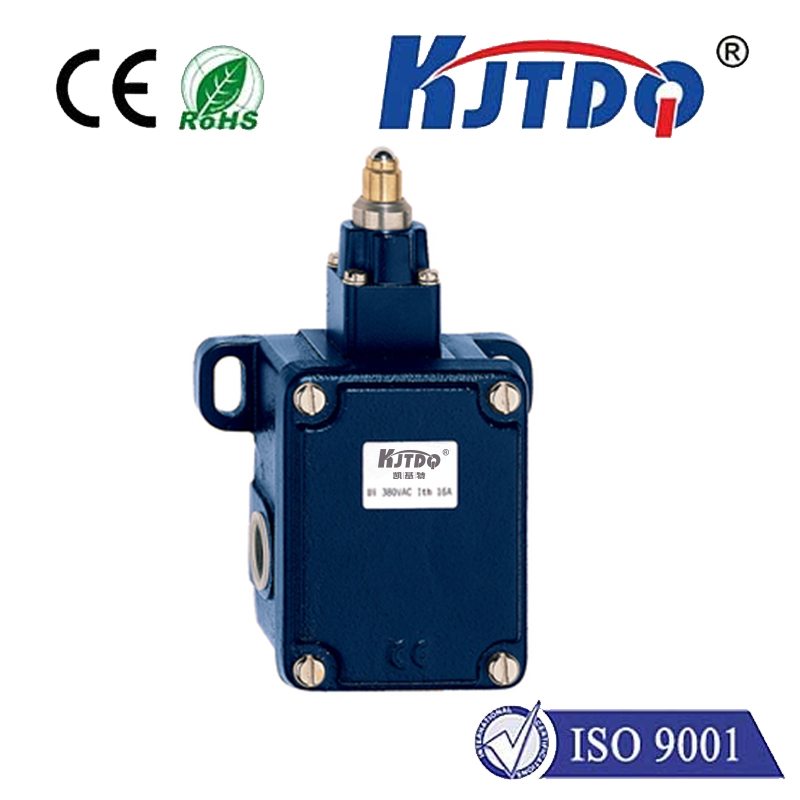









check
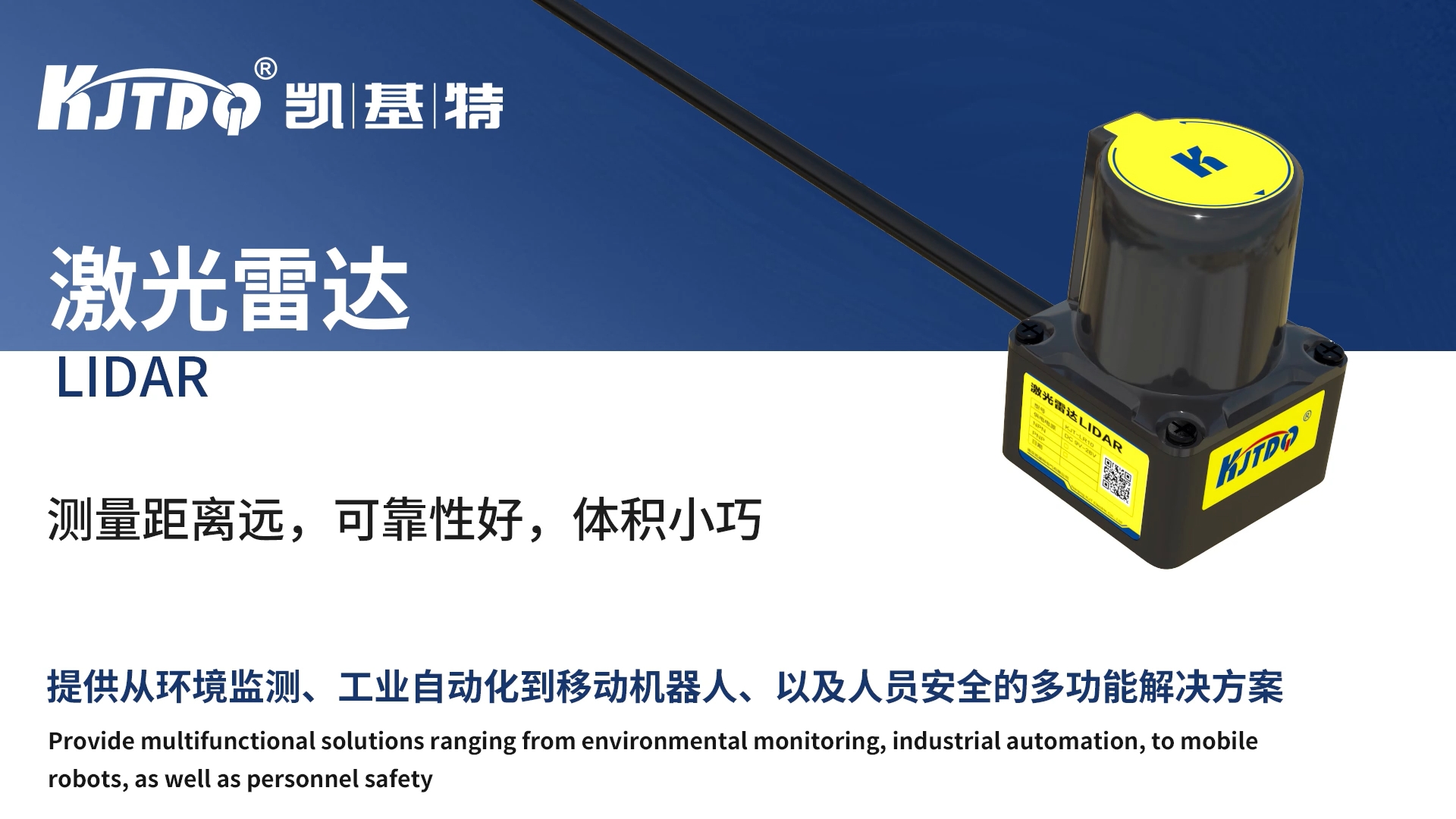
check
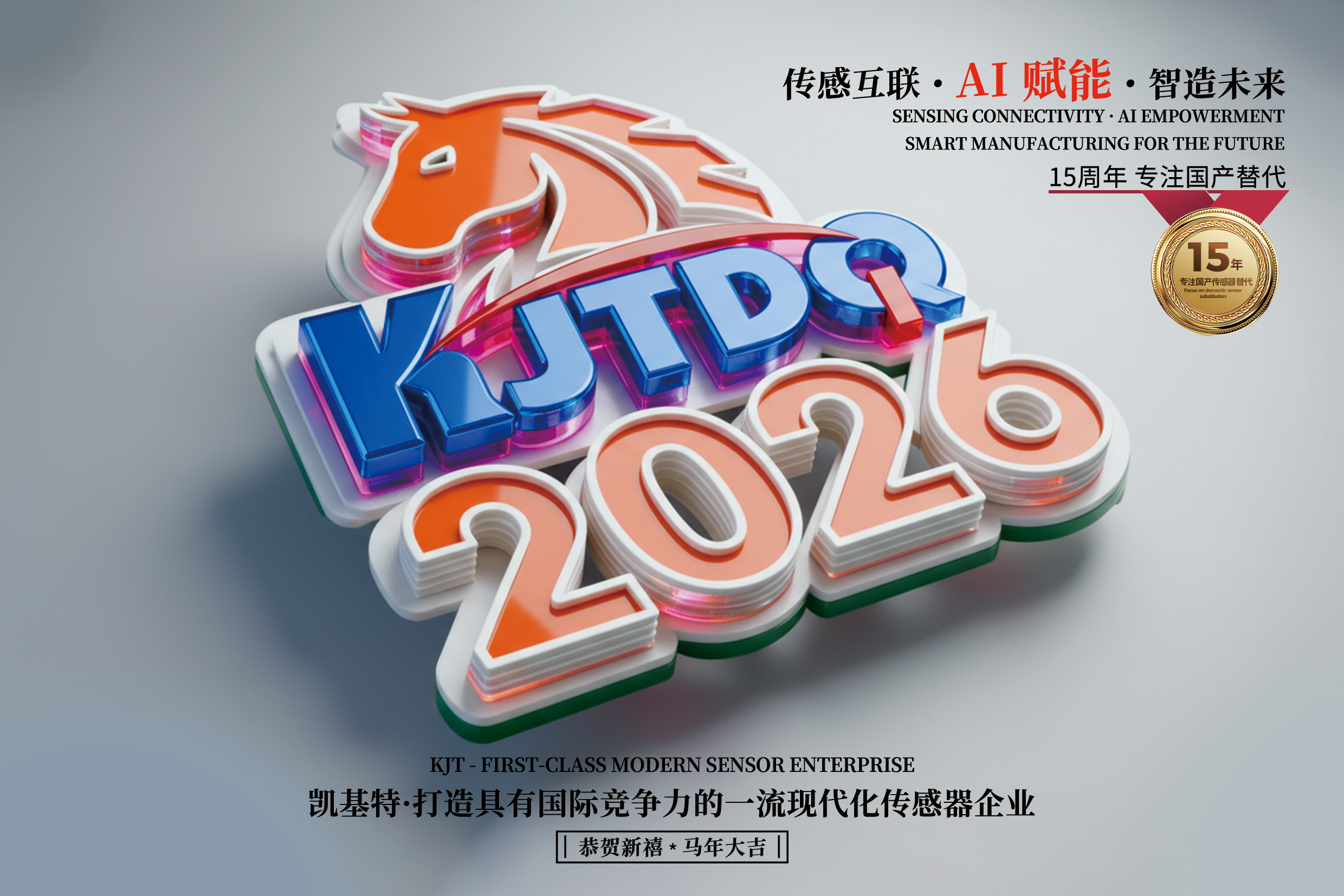
check
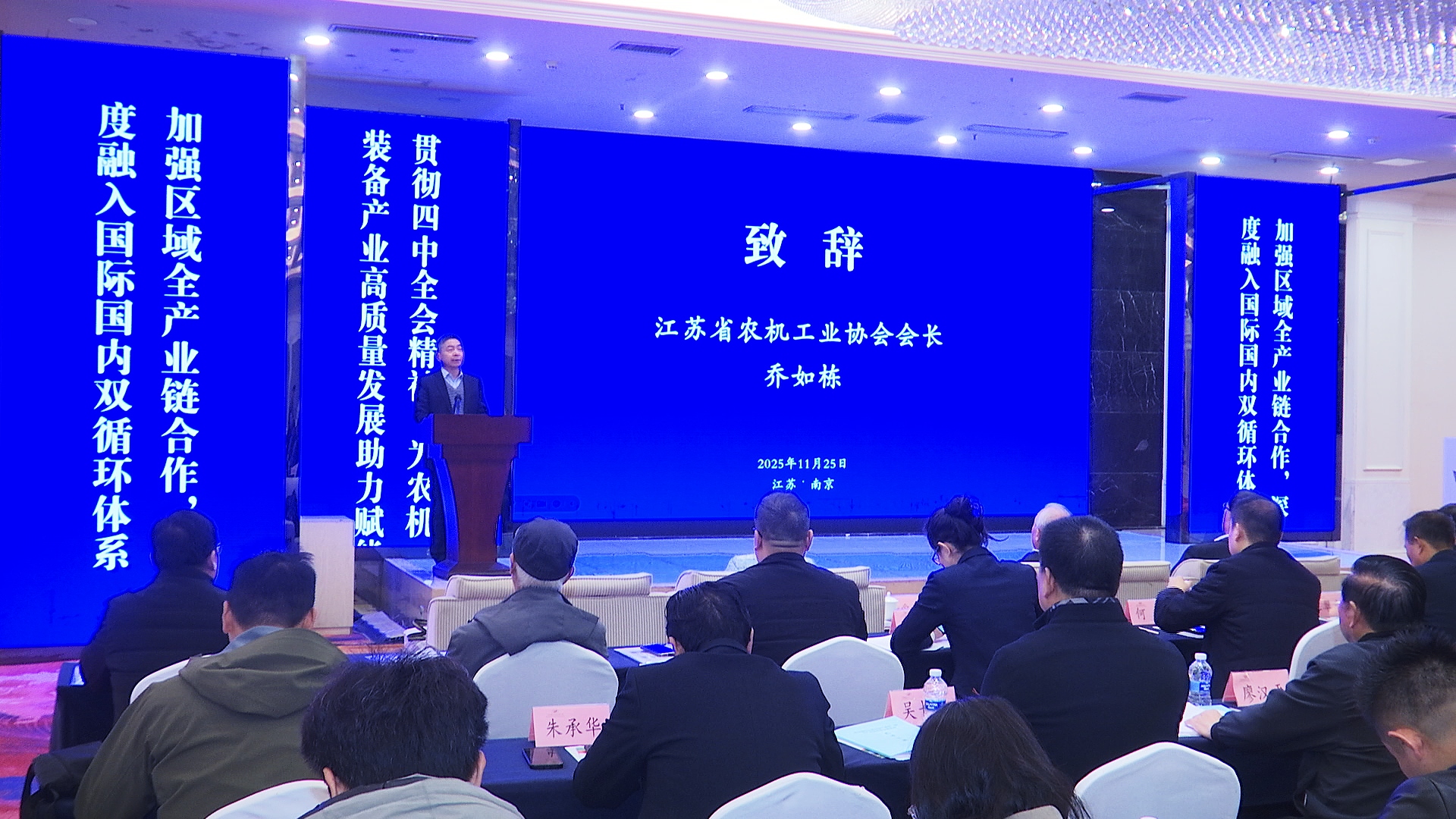
check

check

check

check

check
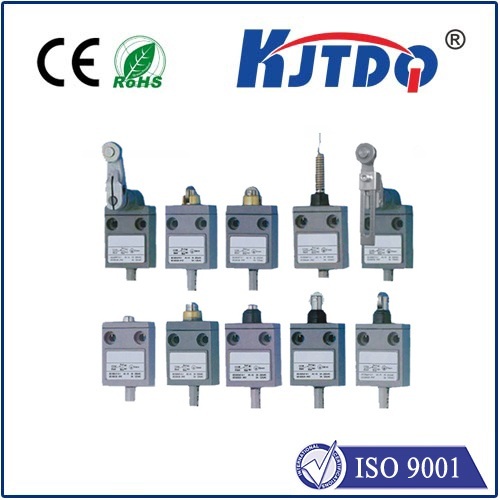
check
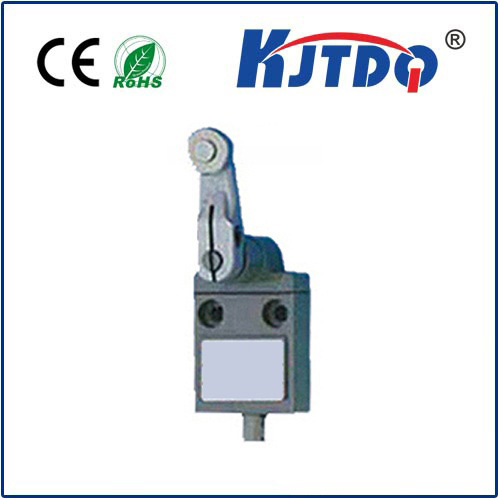
check
Title: Enhancing Efficiency in Industrial Processes with Laser Temperature Measurement
Introduction:
In recent years, laser temperature measurement technology has gained significant popularity among industrial applications due to its accuracy, speed, and reliability. This advanced technique provides accurate and real-time temperature measurements for various processes, enabling manufacturers to optimize their operations and enhance efficiency. In this article, we will delve into the basics of laser temperature measurement, its applications, and how it can revolutionize industrial processes.
Section 1: Basics of Laser Temperature Measurement
Laser temperature measurement is a non-contact method that involves the use of a laser beam to measure the temperature of objects or surfaces. The process works by emitting a laser pulse at a specific frequency and analyzing the reflected light's properties to determine the object's temperature. The laser beam passes through the object or surface, which absorbs some of the energy, causing a change in the intensity of the reflected light. By measuring the intensity difference between the incident and reflected laser beams, the temperature can be calculated.
Section 2: Advantages of Laser Temperature Measurement
The use of laser temperature measurement offers numerous advantages over traditional temperature measurement methods. Some key benefits include:

a) High Accuracy: Laser temperature measurements are highly accurate, with resolutions as low as ±0.1°C. This level of accuracy enables manufacturers to monitor processes accurately and make data-driven decisions to optimize operations.
b) Real-Time Measurements: Laser temperature sensors can provide real-time measurements without any contact, eliminating the risk of damage to the object being measured. This makes them ideal for high-precision applications where precise control is required.
c) Non-Invasive Measures: Laser temperaturemeasurement does not require physical contact with the object being measured, making it an ideal choice for sensitive materials such as metals, ceramics, and composites.
d) Easy Installation: Laser temperature sensors can be easily installed on existing equipment without disrupting production processes. They are also compact and portable, making them suitable for on-site measurements.
e) Cost-Effective: Although laser sensors may have a higher initial cost than traditional temperature measuring instruments, their long lifespan and reliable performance make them an attractive investment in the long run.
Section 3: Applications of Laser Temperature Measurement
The versatility of laser temperature measurement makes it suitable for various industrial processes, including:
a) Metalworking: Laser temperature measurements are particularly useful in metalworking applications, where precise control over temperature is essential for quality assurance and product consistency. They can be used to monitor the temperature of castings, forgings, and other metal components during fabrication and finishing processes.
b) Chemical Processing: Laser temperature sensors are valuable tools in chemical processing applications, such as glass manufacturing, where accurate monitoring of material temperatures is critical for efficient and safe production. They can also be used in food processing industries to ensure compliance with food safety regulations.
c) Electronics Manufacturing: Laser temperature measurements play a crucial role in electronic manufacturing processes, particularly in semiconductor and microelectronics manufacturing. They help maintain optimal thermal conditions for component bonding and packaging, ensuring high-quality products.
d) Thermal Management in HVAC Systems: Laser temperature measurement is used in HVAC systems to monitor the temperature and humidity levels inside buildings. By providing real-time information on room conditions, these sensors help improve energy efficiency and indoor comfort.
Conclusion:
Laser temperature measurement technology has emerged as a game-changer in industrial processes by providing accurate and efficient solutions for temperature monitoring. Its applications extend across various sectors, from metalworking and chemicals to electronics manufacturing and HVAC systems. As manufacturers continue to explore new ways to optimize their operations using advanced technologies like laser temp
